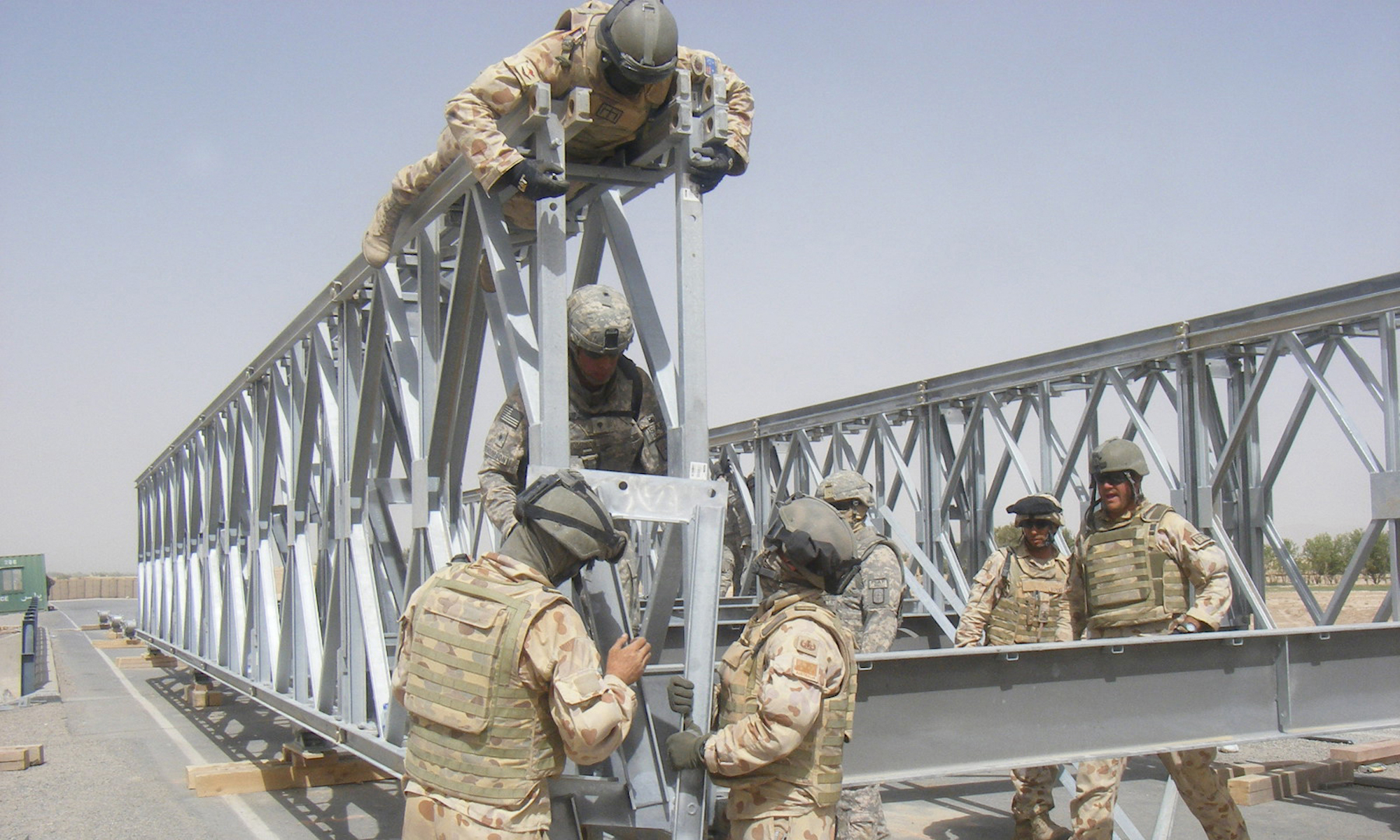The future of aid lies at the intersection of security and development. Two paradigm shifts are underway: (1) within the development community, away from the concern to maximise economic growth towards enhanced freedoms of individuals and groups; and (2) within the security establishment, away from the traditional concern with the security of states towards the security of individuals and groups. Since 9/11, failed and frail states, whether conflict-affected or conflict-prone, have emerged as major threats to human security. Security threats that were previously confined to the periphery have become global. This is why the management of risks has become central to the development enterprise and why the targets, instruments, methods, skills, and operational emphases of aid are being reshaped to achieve policy coherence for both development and security. This paper argues that the pursuit of policy coherence must also embrace questions of security and their interaction with development.

INSCT Postconflict Research Database
The Institute for National Security and Counterterrorism's Postconflict Research Database & Analysis Project stores cross-indexed bibliographic information on hundreds of journal articles, books, book chapters, and case reports that address the broad, interdisciplinary fields of postconflict reconstruction, stabilization, and peacebuilding.